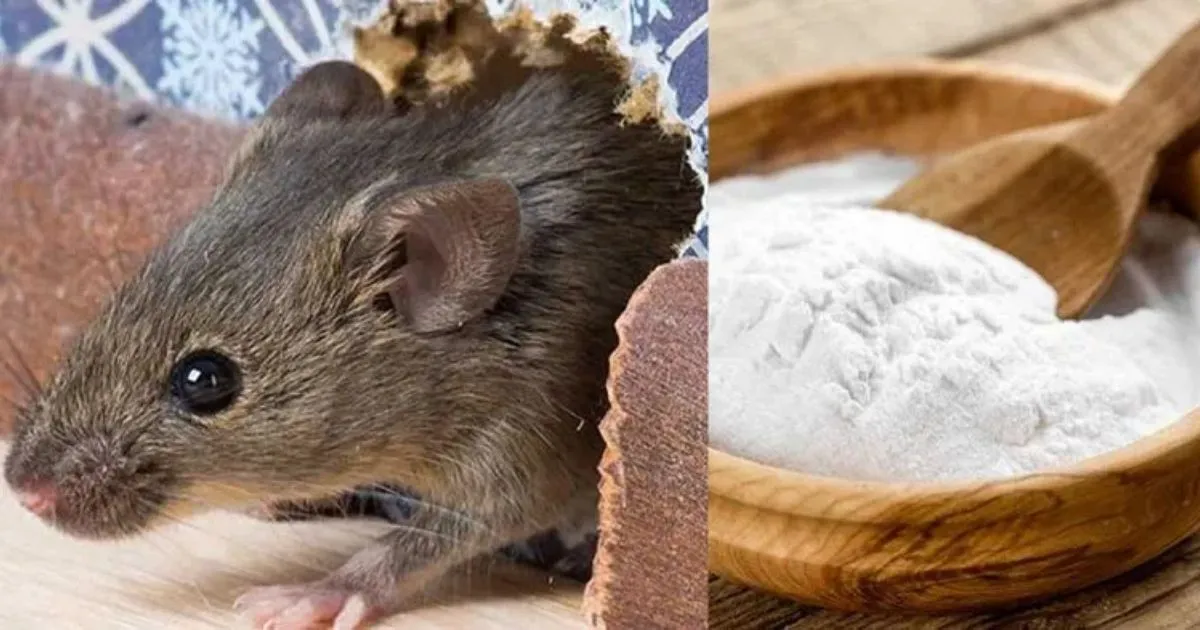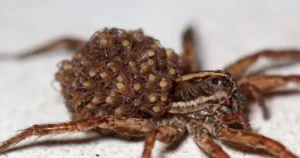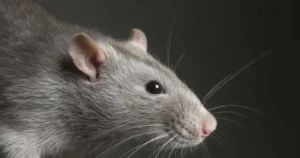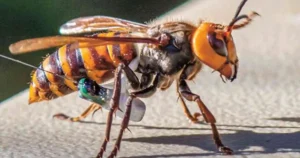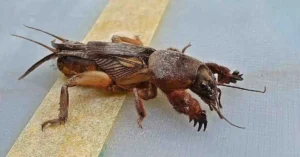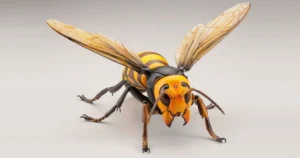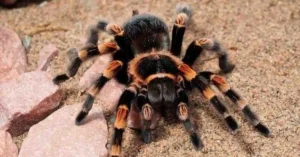Rats are more than just an unwelcome presence in homes; they pose serious health and property risks. From spreading diseases like leptospirosis and hantavirus to damaging electrical wires and food supplies, their impact can be devastating. Among the various DIY solutions, baking soda is often touted as an effective rat control method. But does it live up to the claims? This article delves into the science behind using baking soda to kill rats, examines its pros and cons, and offers alternative pest control methods.
How Does Baking Soda Kill Rats?
Baking soda, or sodium bicarbonate, is a common household item insects killer with a multitude of uses. Its potential as a rat poison is rooted in its chemical reaction within a rat’s digestive system.
When ingested, the acid in a rat’s stomach reacts with baking soda, producing carbon dioxide gas. Unlike humans and other mammals, rats cannot expel this gas efficiently. The buildup can cause lethal pressure in their stomachs, leading to death. However, while this process sounds effective in theory, its practical application often yields mixed results.
Challenges in Effectiveness
Low Consumption: Rats are cautious creatures and may not consume enough baking soda to cause fatality.
Slow Reaction: The effects are not immediate, giving rats time to reproduce or develop bait aversion.
Resistance: Some rats might build tolerance to DIY baits, reducing baking soda’s efficacy.
Benefits of Using Baking Soda as a Rat Killer
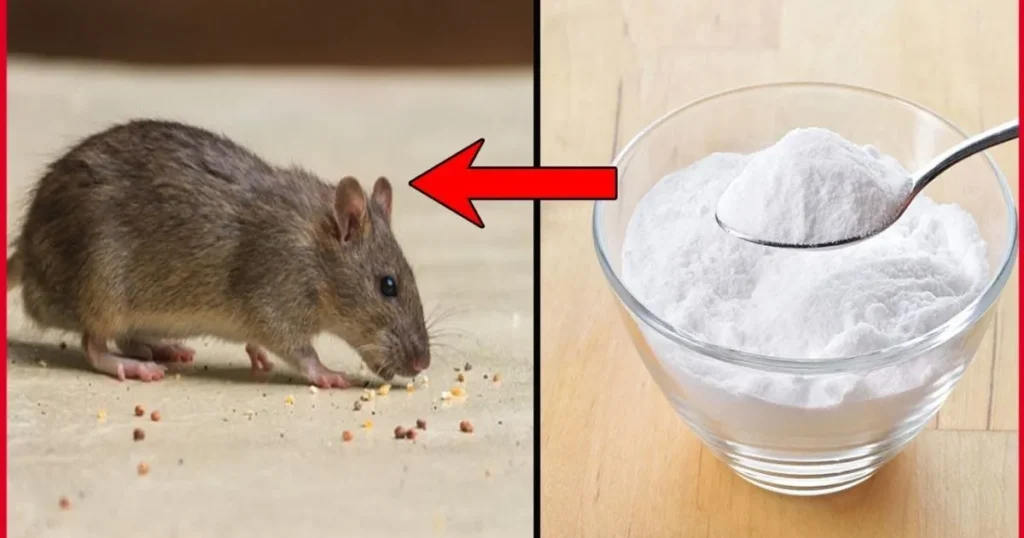
Despite its limitations, there are several reasons why homeowners gravitate towards baking soda as a rat control method:
1. Cost-Effective and Accessible
Baking soda is inexpensive and readily available in most households, making it a convenient option for those on a budget.
2. Pet and Eco-Friendly
Unlike chemical rodenticides, baking soda is less toxic to pets and the environment. While still requiring cautious placement, it poses a lower risk than traditional poisons.
3. Ease of Use
With simple recipes combining baking soda with attractive food items like peanut butter or sugar, creating a rat bait is straightforward.
Limitations of Baking Soda for Rat Control
While baking soda offers some advantages, it has significant downsides that make it less reliable compared to professional pest control methods:
1. Limited Impact on Large Infestations
For severe infestations, relying solely on baking soda is inadequate. Its slow-acting nature means rats can continue to reproduce before the method shows results.
2. Potential for Bait Aversion
Rats are intelligent creatures and may detect something amiss in the bait after initial consumption. This can render baking soda ineffective over time.
3. Incomplete Results
DIY approaches often fail to address the root causes of infestations, such as entry points and food sources, leaving your home vulnerable to recurring problems.
Comparing Baking Soda with Other Rat Control Methods
To fully understand baking soda’s place in pest management, it’s essential to compare it with other strategies:
1. Traps (Snap, Glue, and Live Traps)
Effectiveness: Immediate results for individual rats.
Eco-Friendliness: Live traps offer humane solutions.
Challenges: Requires proper placement and monitoring.
2. Rodenticides
Effectiveness: Highly efficient for large infestations.
Risks: Toxicity to pets, children, and the environment.
3. Natural Deterrents
Examples: Peppermint oil, ultrasonic repellents, and predator urine.
Effectiveness: Limited to prevention; does not eliminate existing rats.
4. Professional Pest Control Services
Effectiveness: Comprehensive and tailored solutions.
Cost: Higher upfront cost but ensures long-term prevention.
Preventing Rat Infestations
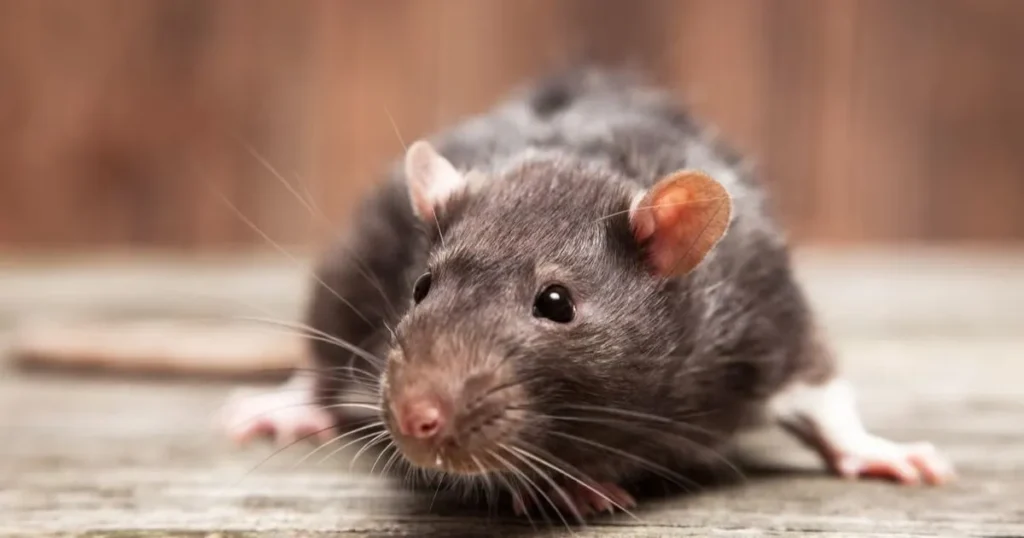
Prevention is the cornerstone of effective pest management. By making your home less attractive to rats, you can minimize the likelihood of an infestation.
1. Eliminate Food Sources
Store food in airtight containers.
Clean up crumbs and spills promptly.
Secure garbage bins with tight-fitting lids.
2. Seal Entry Points
Inspect your home for cracks, holes, and gaps.
Use steel wool or caulk to block potential entryways.
Install door sweeps to prevent access under doors.
3. Manage Outdoor Spaces
Trim vegetation near your home.
Remove standing water sources.
Keep bird feeders and pet food away from your house.
When to Call Professional Pest Control Services
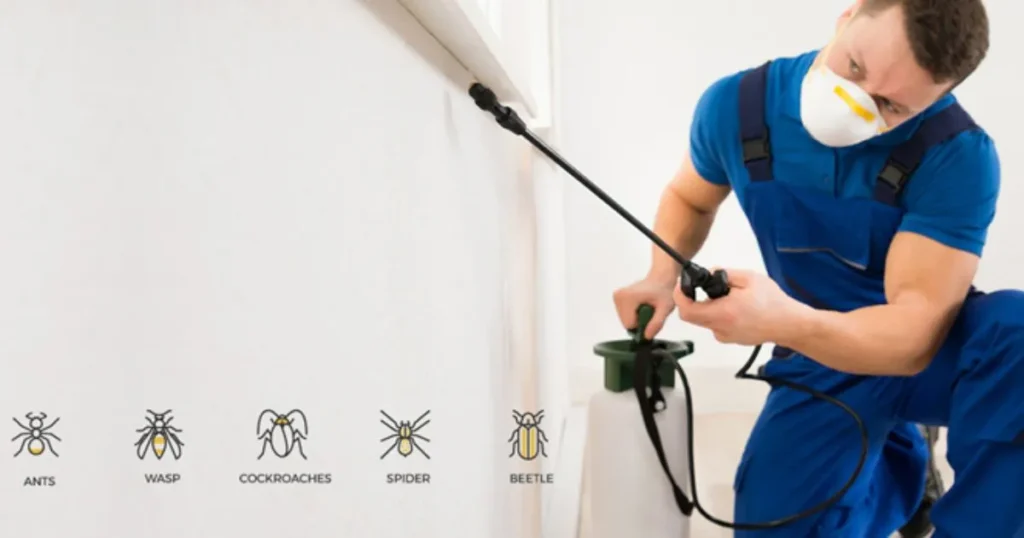
While DIY methods like baking soda may work for minor issues, larger infestations often require expert intervention. Consider contacting pest control professionals if:
- Rats have nested in inaccessible areas like walls or attics.
- DIY approaches have failed to yield results.
- You notice signs of severe damage or health hazards.
- Pest control experts use advanced tools and techniques to not only eliminate existing rats but also implement preventative measures to keep them from returning.
Conclusion
While baking soda is an affordable and eco-friendly option for rat control, its effectiveness is often limited to small-scale infestations. For homeowners dealing with significant rodent issues, professional pest control or a combination of methods is more reliable. By focusing on prevention and addressing infestations early, you can protect your home from the risks posed by these unwelcome invaders.
FAQs
Does baking soda effectively kill rats?
Yes, baking soda can kill rats by producing lethal amounts of carbon dioxide gas in their stomachs.
How do I use baking soda to kill rats?
Mix baking soda with bait items like peanut butter, sugar, or flour. Place the bait in areas where you notice rat activity, such as near droppings or nests.
Are there better alternatives to baking soda for rat control?
Yes, professional pest control services, traps, and rodenticides are generally more effective, especially for severe infestations. Natural deterrents can also help prevent future infestations.
Can baking soda harm pets?
While baking soda is less toxic than rodenticides, it can still cause harm if ingested in large quantities by pets. Always place bait in areas inaccessible to pets and children.

James William is a passionate animal lover and expert in the Animals and Pets niche. With years of experience in pet care, wildlife studies, and blogging, James shares practical tips, heartwarming stories, and expert advice to help pet owners build stronger bonds with their furry, feathered, and scaly companions.
